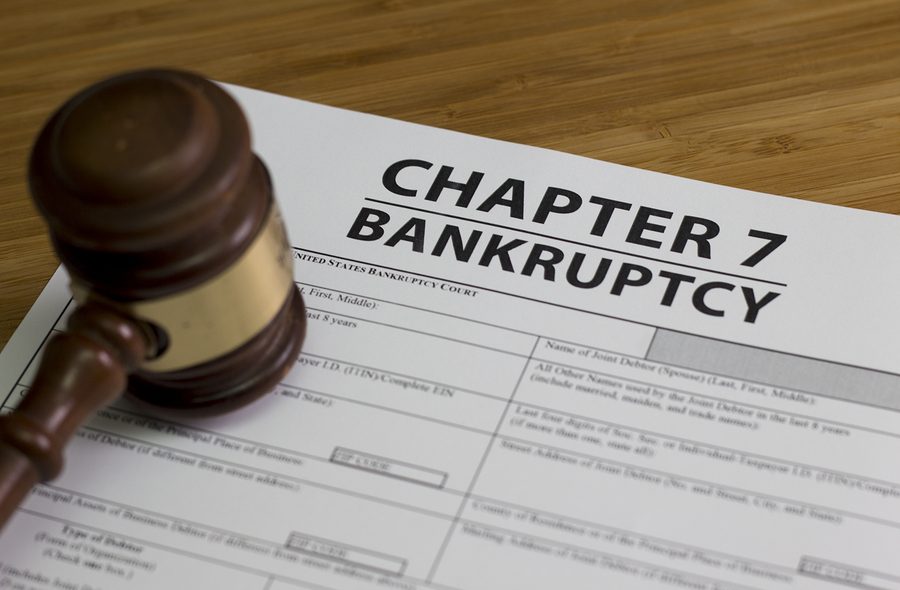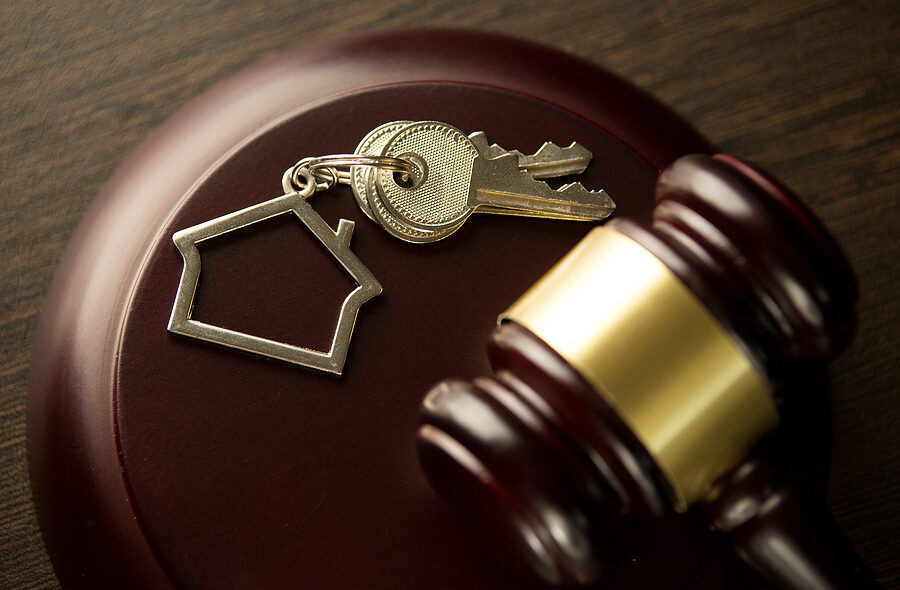Federal bankruptcy law dictates the eligibility requirements to file Chapter 7 bankruptcy. The biggest of these requirements is the means test, which compares the filer’s income to his or her debt. The means test is a two-step process. The first step requires looking at the consumer’s income as compared to Florida’s average income. If the filer’s income is higher than the median income for a household in Florida, the filer will need to then take the second part of the means test.
The second part of the means test requires the filer to submit documentation regarding his or her allowable expenses over the past six months. These expenses can include rent, groceries, medical costs, and clothing. After subtracting all these expenses, any money left is referred to as disposable income. If the individual does not have enough disposable income to pay for remaining debts, he or she qualifies under the means test.
It’s important to remember that Chapter 7 bankruptcy isn’t just for low-income filers. You can earn significant monthly income and qualify for Chapter 7 bankruptcy if you have a large family or considerable expenses, like a high mortgage, car loan payments, taxes, and other reasonable expenses.
A bankruptcy case has no minimum or maximum requirement when it comes to unsecured debt for Chapter 7 bankruptcy. So long as the filer qualifies through the means test, how much debt he or she carries should not affect that person’s ability to successfully file for Chapter 7.
Click here to read more.
If you have questions on this topic or are in financial crisis and considering filing for bankruptcy, contact an experienced Miami bankruptcy attorney who can advise you of all of your options. As an experienced CPA as well as a proven bankruptcy lawyer, Timothy Kingcade knows how to help clients take full advantage of the bankruptcy laws to protect their assets and get successful results. Since 1996 Kingcade Garcia McMaken has been helping people from all walks of life build a better tomorrow. Our attorneys’ help thousands of people every year take advantage of their rights under bankruptcy protection to restart, rebuild and recover. The day you hire our firm, we will contact your creditors to stop the harassment. You can also find useful consumer information on the Kingcade Garcia McMaken website at www.miamibankruptcy.com.


